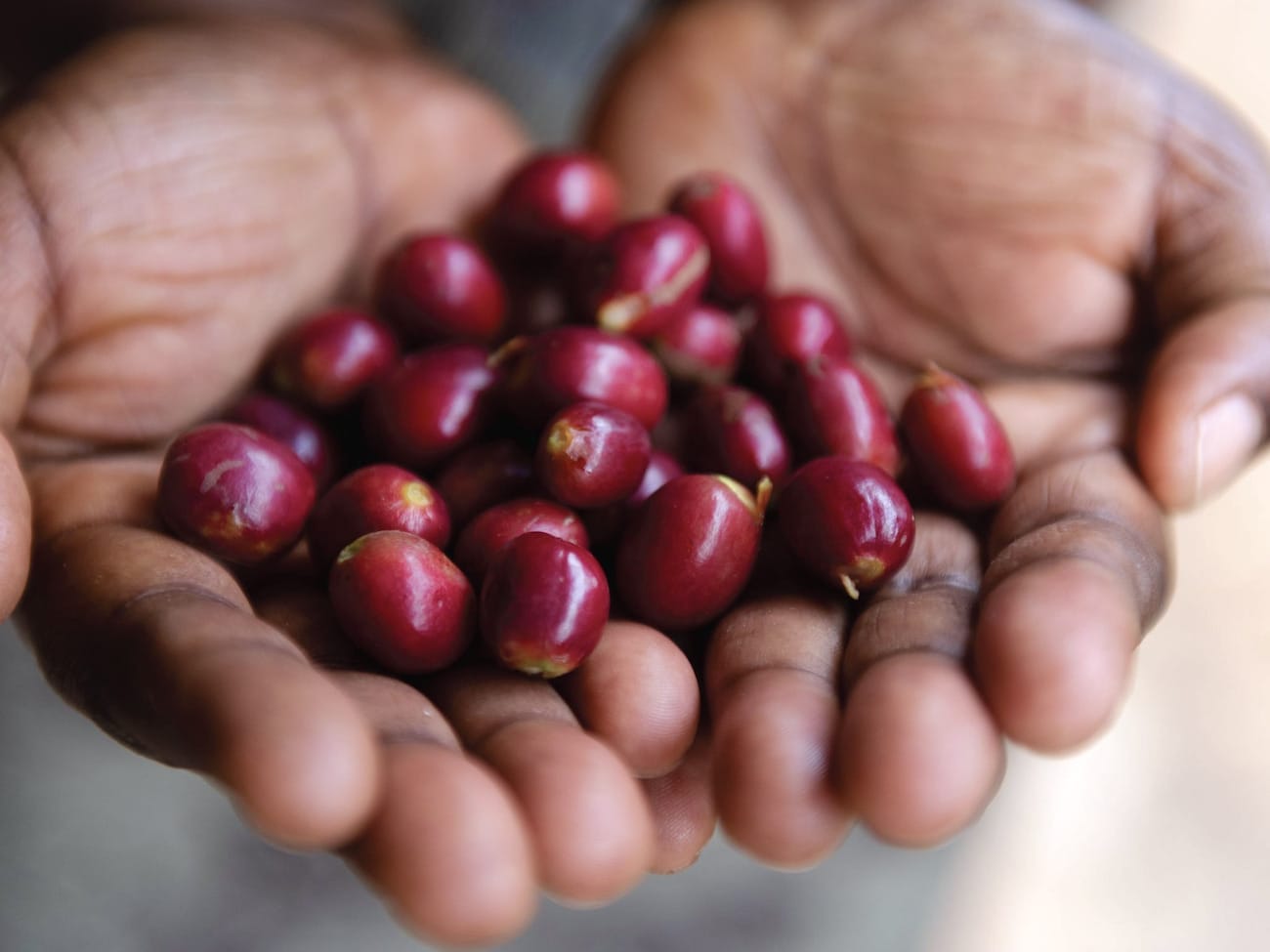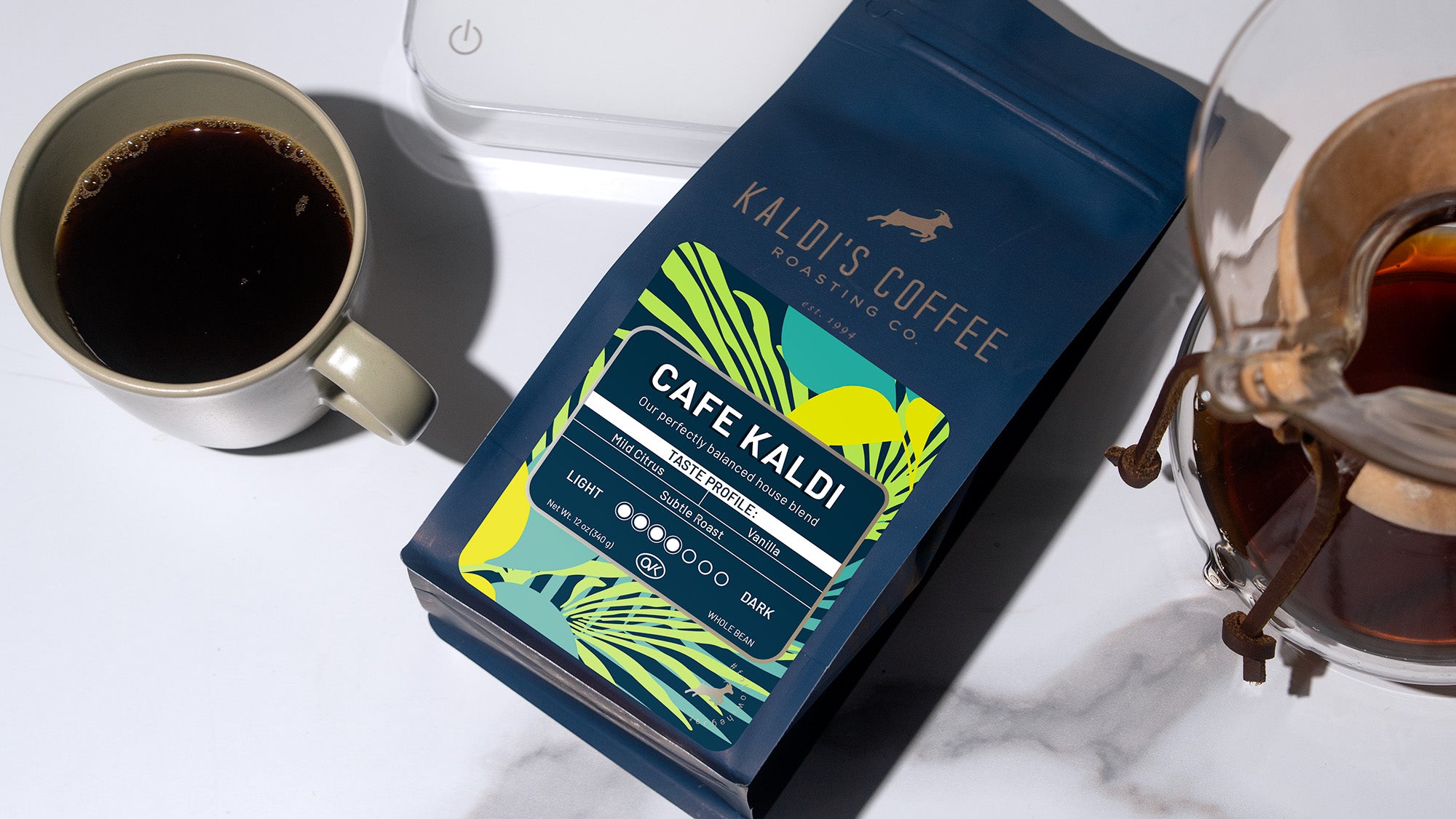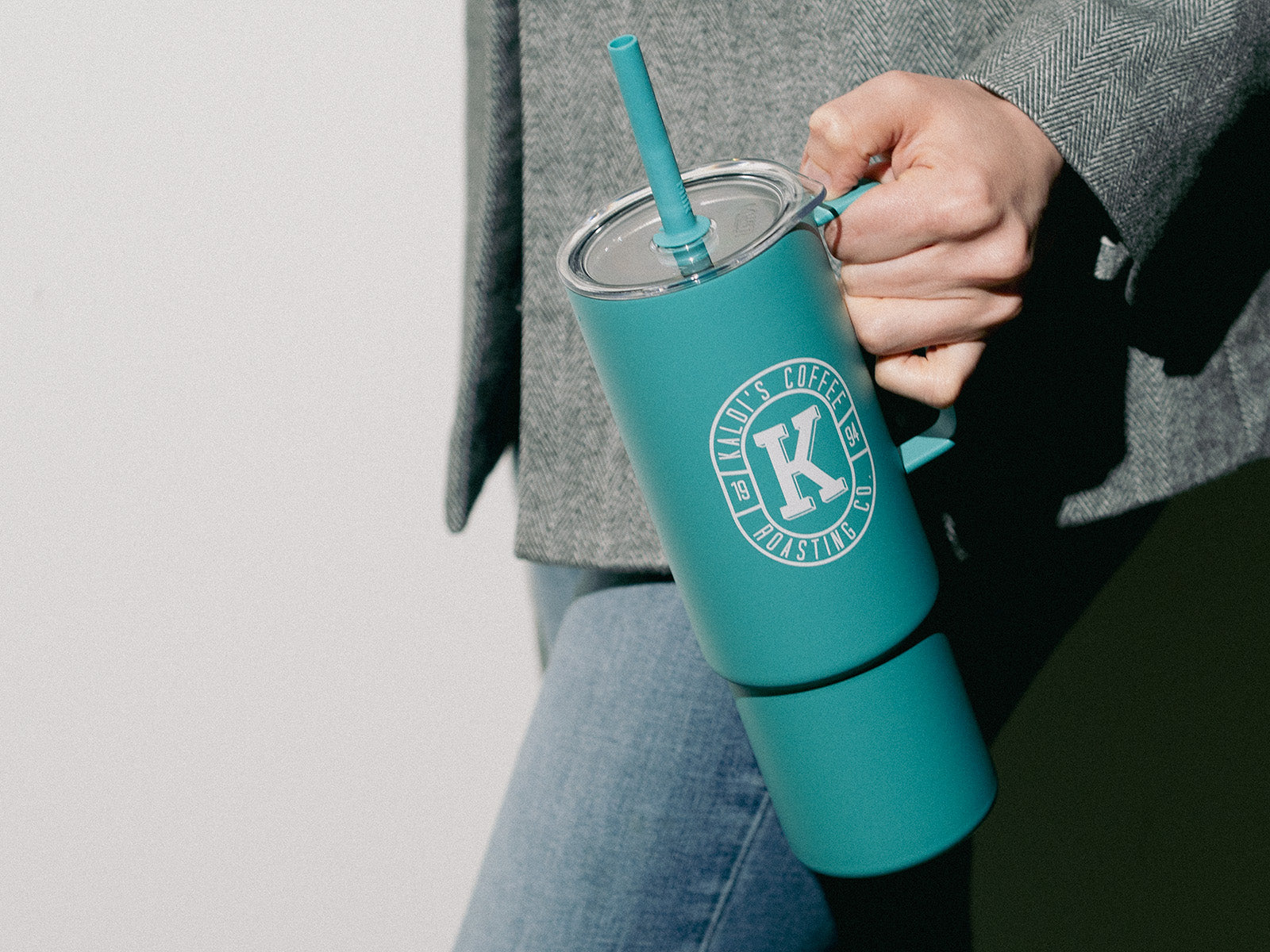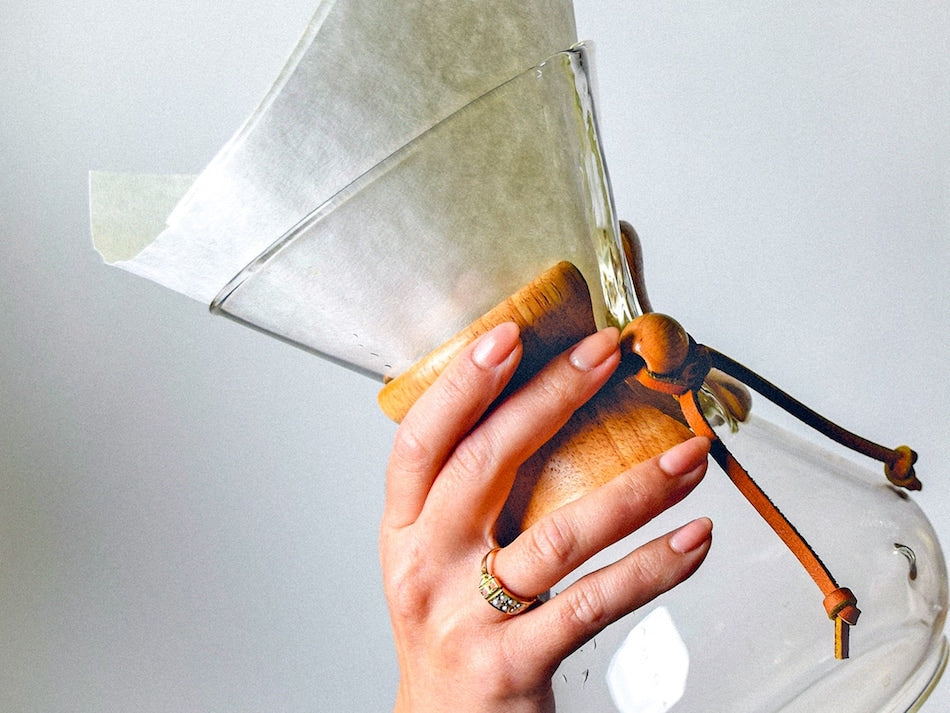Step outside your door in America and you’re surrounded by coffee options: the drive-thru on the way to work, the gas station pot, the gas station fridge, your neighborhood cafe, and your office break room all offer a chance to dance with the caffeine spirits. Coffee comes in instant granules, pod packs, big bags, big bins, and everything in between, all angling to be the most convenient way to inject some life-boosting caffeine into your body. You’d be forgiven for thinking that coffee is effortless and un-special, something that you love and live for but not something to celebrate and cherish.
Consider us a biased source, but we’re here to pull the curtain back and say:
Coffee is incredibly special.
And, actually, it's relatively amazing that it made it into your hands at all.
So why is this and what makes coffee so special? Follow along with us today as we tell its remarkable story and celebrate the many hands it takes to bring this remarkable beverage to you.
THE PEOPLE AND THE PLANT
What you encounter as a part of your daily habit is a product that passes through hundreds of hands to become the beverage in your hands, created by an industry that employs over 125 million people around the world, from the estimated 25 million farmers to the single barista who hands you a brew.
Most coffee comes from the Arabica species of coffee tree. Notoriously finicky and particular about growing environments, Arabica requires high elevations - think mountains - tropical surrounds, and accommodating temperatures in order to bear its tasty fruit. A second, heartier species of coffee does exist: Robusta, which is capable of growing in lower and warmer environments and better resisting disease and insects, but it produces a sadly inferior cup as a whole (some specialty Robusta is making its way into the world). This is partially because Arabica contains 60% more lipids and almost twice the natural sugar content. If you’re drinking coffee and reading this article on the internet, it’s almost certain that the cup in your hand contains a brew of the more delicate species. In fact, it’s actually fairly remarkable that such a plant is able to produce enough to keep the world fueled up on a daily basis. Not every Arabica plant is created equally, however, and that’s truly what separates specialty coffee from what is considered “commodity”.
If you’re drinking coffee and reading this article on the internet, it’s almost certain that the cup in your hand contains a brew of the more delicate species. In fact, it’s actually fairly remarkable that such a plant is able to produce enough to keep the world fueled up on a daily basis. Not every Arabica plant is created equally, however, and that’s truly what separates specialty coffee from what is considered “commodity”.
|
DID YOU KNOW?
|
Bringing a great cup of coffee from seed to cup is a process that takes years and directly involves hundreds of people, and indirectly involves thousands. From the moment a coffee seed is planted, decisions begin which affect whether it will be great, good, or tolerable. If you’re a regular reader of ours, you’ll know about coffee plant nurseries, how farmers and the families of farmers must wait years for those trees to bear fruit, the people who carefully pick only the ripe fruit cherries of your coffee by hand at harvest, and the weeks-long processing choices. Then there are activities like pulping, fermenting, washing, drying, raking; the list grows and grows the closer you look, and that’s just before the coffee is ever tasted at origin, much less exported, imported, and touched by anyone at our warehouse and Roastery.

We’re lucky enough to meet many of these people who make great coffee possible, like Carlos Imbachi, whose coffees we’ve purchased since 2009, the first year he won SCAA’s Coffee of the Year, and his son, Diego, who carries on that legacy every day as he continues their family’s farming innovations in Colombia. We consider it a privilege and a duty to represent their hard work as well as we can and present it to you every day.
RECOGNITION AND GRATITUDE
Recognizing these steps to greatness makes us grateful for the time and care that precedes our work, and fills us with a sense of responsibility to preserve that greatness for you. Every cupping is designed to let our roasters give undivided attention to tasting each coffee accurately and our sample roasting is an obsessive search for the best way to bring out the best of each coffee, whether that means a balanced or a fruity cup of coffee. Our warehouse team tackles logistics issues and works with our production team to get you the best coffees freshly roasted, packaged, labeled, and sealed properly.
 Naturally, every barista is thrilled when a guest begins to glimpse what’s behind each cup of coffee we serve. Their months of training and often years of practice, brought to bear on a handful of seeds that have journeyed through time and traveled across the world, focused down to the singular goal of serving you a great coffee as well as it can be served, finds its reward in your smile.
Naturally, every barista is thrilled when a guest begins to glimpse what’s behind each cup of coffee we serve. Their months of training and often years of practice, brought to bear on a handful of seeds that have journeyed through time and traveled across the world, focused down to the singular goal of serving you a great coffee as well as it can be served, finds its reward in your smile.
Best selling author AJ Jacobs caught a glimpse of the greatness behind his morning coffee and went on a fascinating journey to thank each person responsible. The resulting book, Thanks a Thousand, also led to his TED talk, which encapsulates not only the journey of coffee from seed to cup, but also how a simple thank you can both result from and lead back to greatness.
MEMORIES, MOMENTS, AND MINDFULNESS
Countless memories and moments of connection happen over coffee, every day around the world. Whether alone or with a special friend or loved one, we encourage you to also remember the many hands it took to bring you the warm, invigorating, and delicious drink in your hands.
But we also want to thank you: for reading, for enjoying our coffee for all these years, and for supporting the millions of people who make our industry possible. We hope that by spreading the message of how special coffee truly is, we create even more special moments of mindfulness and appreciation with each cup.
-
READ NEXT
THE VINTAGE ROASTER BEHIND YOUR BEANS
Related Content:
- 5 Common Coffee Questions, Answered | Kaldi's Coffee Blog
- Roasting at Kaldi's Coffee | Education Page
- Origin Trips | Kaldi's Coffee Blog Series
- The Art of Pour Over | Kaldi's Coffee Blog







